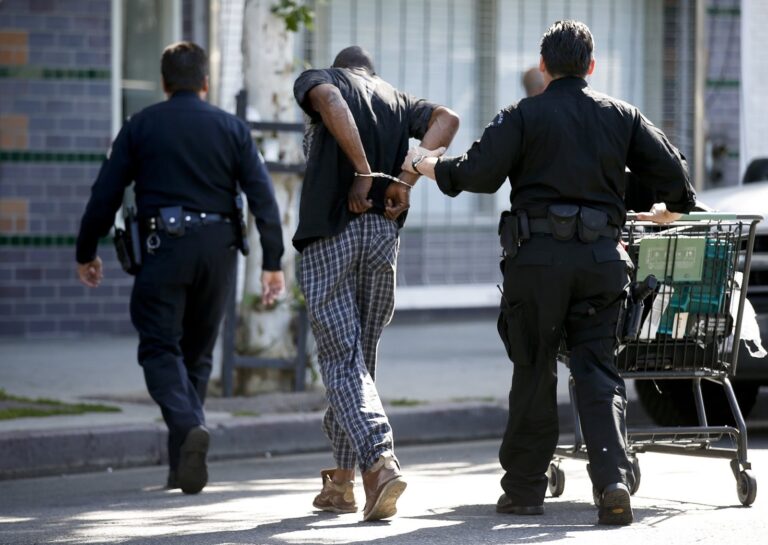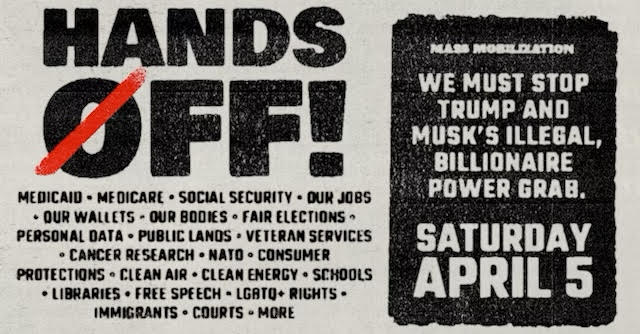By Kerul Dyer
I had an opportunity to listen to the oral arguments for the Supreme Court on Monday morning when it heard the Grants Pass v Johnson case on homelessness and one city’s ban on sleeping in public spaces. What’s on trial in this case is more than an appeal of the Ninth Circuit Ruling, which upheld that the respondents in the case had their Eighth Amendment violated when cited for sleeping within the city limits of Grants Pass when no other shelter space was available.
What seems to be the crux of this case is whether it is ‘cruel and unusual punishment’ to prosecute someone for both being “homeless” and for sleeping in a public space when there’s no other shelter available. The court and the attorneys were arguing about whether the camping ordinance in Grants Pass was simply something designed to punish a particular “conduct” or if they were being punished because of a “status.” The New York Times coverage of the hearing summarized that, in their understanding of what was said, the majority of the Supreme Court was siding with the City. Another perspective in analyzing the arguments and judicial responses was that it should be left up to the cities to determine policy.
To understand the context of this important distinction, counsels were arguing whether or not the Robinson case – which established that people with the disease of addiction could not be criminalized for their status as addicts – would be properly applied to the status of homelessness in combination with sleeping. The hypothetical scenarios that several Justices brought forward in their grilling of the attorney representing the City of Grants Pass created opportunities for the issue to be boiled down to a human need question.
Some suggested that the select actions of law enforcement under the camping ordinance, i.e. only issuing citations to homeless individuals, not people who had somewhere else to go to sleep, upheld the 9th Circuit ruling. The attorney representing the City asserted over and over that the issue was complex, and that it didn’t rise to an 8th Amendment violation. They also pressed for a reversal of the 2018 Martin decision, which determined that cities could not enforce a camping ban if there were not enough shelter spaces available.
What’s clear is that the fate of at least 642,000 Americans who lack shelter could be at stake. If this Supreme Court follows its conservative pattern on ruling like it did on the reversal of Roe, what’s to stop cities from simply banning unhoused people from residing in their home communities? Where are they to go?
The issues brought forward in this case present a dilemma that transcends a legal framework and lands in a values-based question. When our economy and social safety nets fail to provide shelter and other basic necessities – and then criminalize the action of being without a home – how do we respond?


